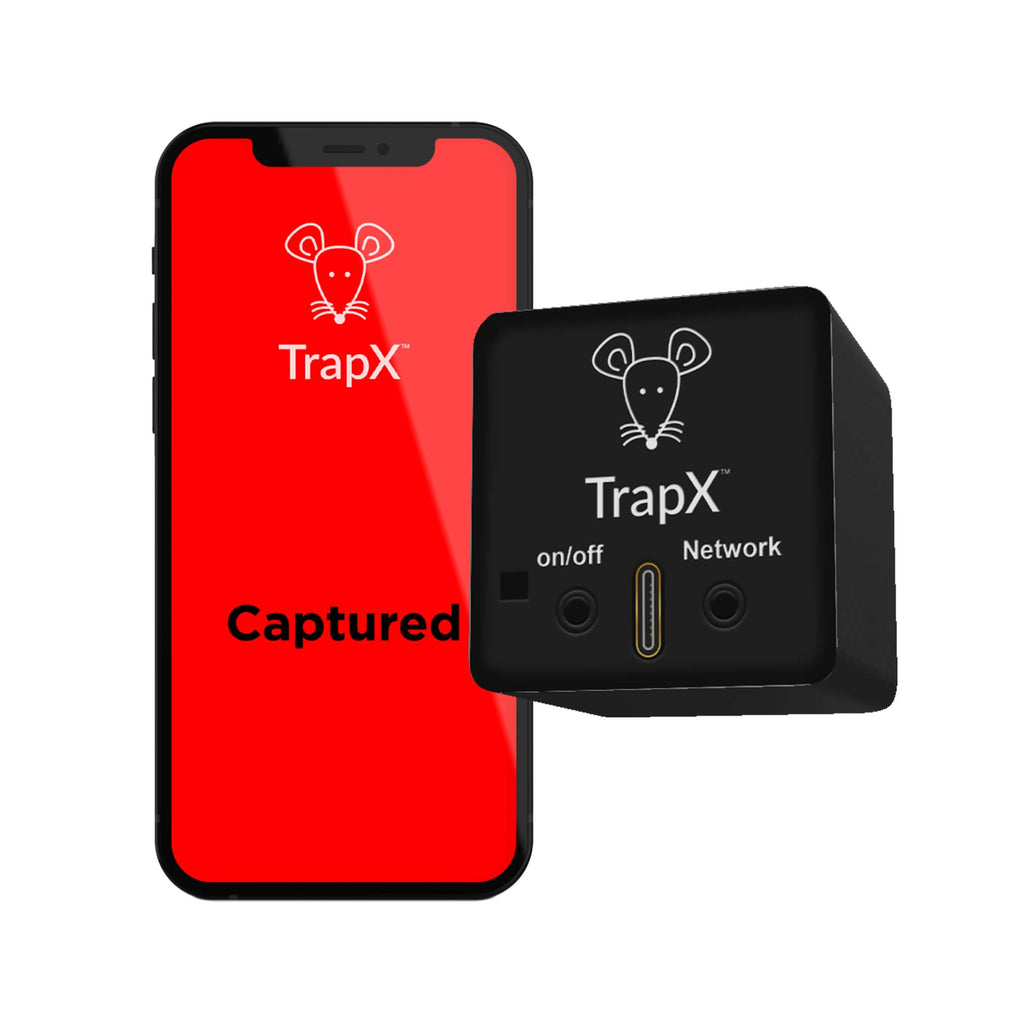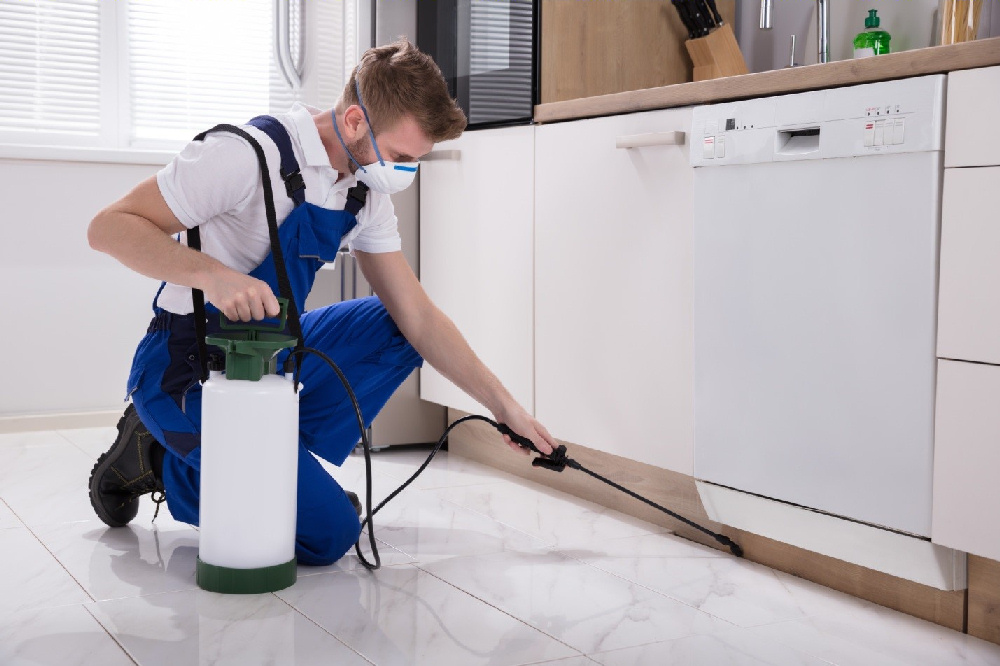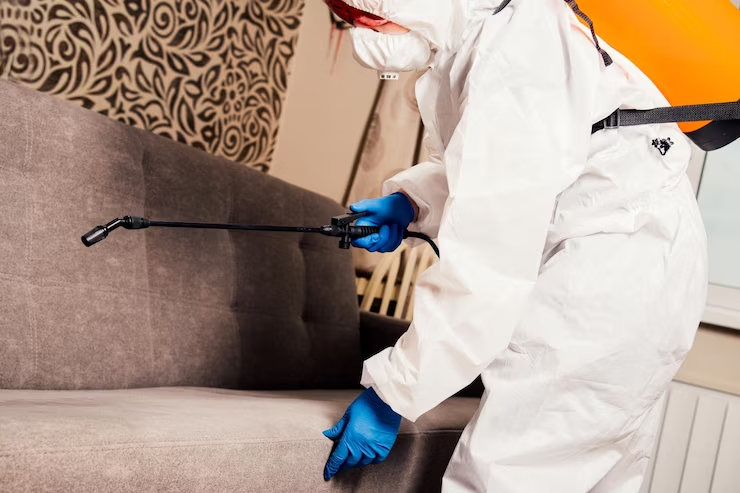If you've ever found yourself battling an ant infestation, you might wonder, 'what do pest control companies use for ants?' Understanding the tools and methods utilized by professionals can empower you to tackle the problem more effectively. Pest control services have an array of solutions tailored for different types of ant species, and they employ both chemical and non-chemical approaches to manage these unwanted visitors.
Ants can be more than just a nuisance; they can contaminate food and even damage property in some cases. Once you recognize the severity of your ant problem, considering professional pest control can be a wise choice. This article will provide insights into the methods and substances used by pest control companies to eradicate ants effectively.

Common Ant Species Targeted by Pest Control
Before diving into the specifics of pest control methods, lets examine some of the most common ant species that often require professional intervention:
- Carpenter ants: These ants tunnel through wood, causing structural damage.
- Odorous house ants: Known for their strong odor, they can invade homes in large numbers.
- Pavement ants: Often found in urban areas, they build nests in cracks and crevices.
- Fire ants: Aggressive and painful when they sting, they can pose dangers to pets and humans.

Types of Treatments for Ants
Pest control companies use various methods to remove ants from your property. These methods create barriers and options to significantly reduce or eliminate the ant population.
Chemical Treatments
Chemical treatments are one of the most common approaches utilized by pest control companies. Here are some common chemicals used in these treatments:
- Insecticides: These are chemical substances designed to kill insects. Common insecticides used include Pyrethroids and Neonicotinoids, which disrupt the nervous system of the ants.
- Baits: Ant baits are a strategic method where poisoned food is placed near ant trails. Foraging ants take the bait back to their colony, effectively eliminating more of the population.
- Sprays: Pest control professionals may use residual sprays to coat surfaces where ants are known to travel. This helps kill ants on contact and creates a barrier to prevent future entries.
Non-Chemical Treatments
While chemical methods are effective, pest control companies also offer non-chemical solutions that focus on prevention and cannot pose risks to the environment. Some common non-chemical treatments are:
- Exclusion: This involves sealing cracks and entry points where ants can enter your home.
- Sanitation: Keeping your environment clean is crucial, as removing food sources can significantly reduce ant problems.
- Traps: Using non-toxic traps can help monitor and control ant populations without the need for chemicals.

The Role of Integrated Pest Management (IPM)
Many pest control companies apply an Integrated Pest Management (IPM) approach. This strategy combines multiple methods to create a comprehensive solution for pest issues. IPM involves the following steps:
- Monitoring: Regular inspection and monitoring to identify ant activity.
- Identification: Correctly identifying the species of ants ensures the choice of an effective treatment.
- Prevention: Implementing practices that reduce the likelihood of infestations.
- Evaluation: Continuously evaluating the effectiveness of the pest control measures.

Safety Measures During Pest Control
When pest control companies treat your home for ants, they prioritize safety. Here are key practices they follow:
- Child and Pet Safety: Many pest control services use less toxic products or apply treatments in safe areas to minimize exposure to children and pets.
- Proper Dosage: Professionals adhere to the recommended dosages of pesticides to prevent over-application.
- Follow-Up: After treatment, pest control companies often provide guidelines for residents to follow, reducing any potential risks.
Cost of Ant Pest Control Services
Pricing for pest control services can vary widely based on the size of the infestation and the methods used. Generally, you can expect to spend anywhere from $100 to $500, depending on various factors. For a detailed understanding of what you might encounter, check out Why is Pest Control So Expensive?
Do-It-Yourself (DIY) Pest Control Methods
Although hiring professionals is often the most efficient way to handle severe infestations, some individuals may prefer to try a DIY approach first. Here are some methods people use:
- Vinegar Solution: Mixing equal parts of vinegar and water can help deter ants when sprayed in entryways.
- Baking Soda: A mix of baking soda and sugar can attract ants; consuming it acts as a pesticide.
- Essential Oils: Some essential oils such as peppermint or tea tree oil can repel ants and help keep them at bay.
FAQs
What signs indicate an ant infestation?
Common signs include visible ants, ant trails, or small piles of dirt and debris in or outside your home.
How can I prevent ant infestations in the future?
Maintain cleanliness, seal entry points, and eliminate food and water sources accessible to ants.
When is it time to call pest control for ants?
If DIY methods fail or if the infestation is significant, it's advisable to reach out to a pest control professional.
As an Amazon Associate, I earn from qualifying purchases.
